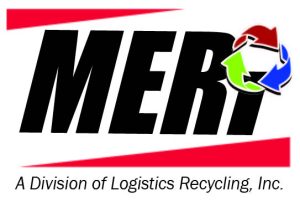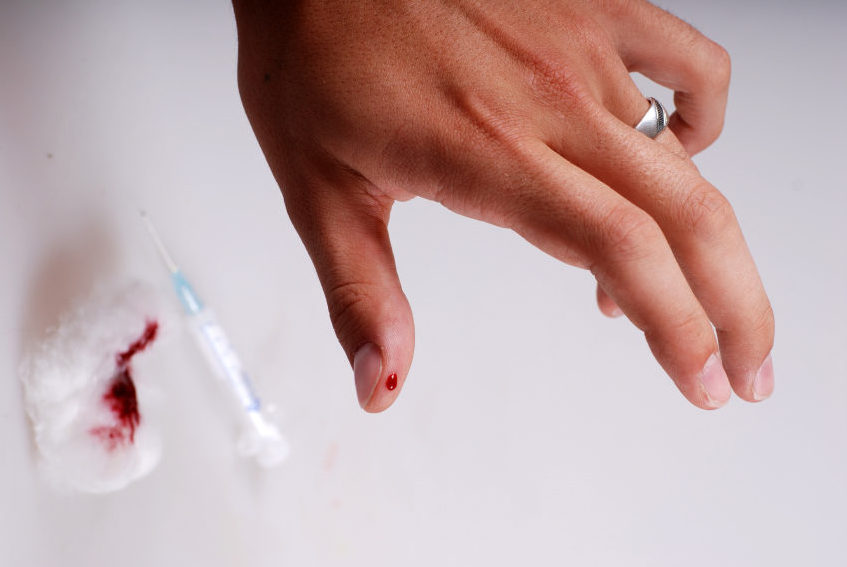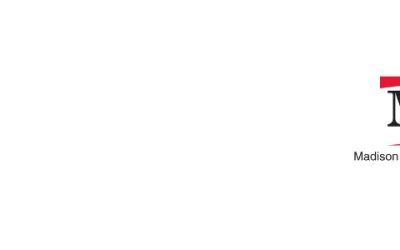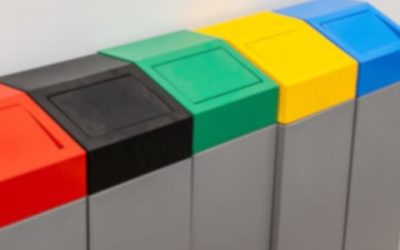Improper sharps disposal can cause more than just a painful prick. For garbage, recycling and other waste disposal workers, it can mean serious infection and even death. Understanding the dangers of irresponsible sharps management is a crucial step in keeping everybody safe.
The Environmental Protection Agency estimates that there are more than 3 billion sharps are in use in homes across the United States each year. Without proper disposal, that’s 3 billion chances for disposal workers to possibly get stuck. Which not only is painful, but stressful. That is because it can lead to Hepatitis B, Hepatitis C, HIV or numerous other infections.
In fact, the FDA deems proper sharps disposal so important, it has the following guidelines. If you or anyone in your household uses sharps, proper disposal is paramount. After all, you don’t want to hurt or infect anyone around you.
What is Considered a Sharp?
Any object that pierces your skin and comes in contact with bodily fluids is a sharp. Once you use a sharp, it has the potential to contaminate anybody who pricks themselves with the object. Each of the following items is a sharp:
- Needles – Hollow needles for injecting drugs (medication) under the skin.
- Syringes – Objects that inject medicine or draw fluid from the body.
- Lancets (“fingerstick” devices) – Instruments with a short blade that draws blood for testing. Diabetics often use it for testing.
- Auto injectors – Syringes that come with fluid medication. These include epinephrine and insulin pens.
- Infusion sets – Tubing systems with a needle to inject drugs into the body.
- Connection needles/sets – Needles that connect to a tube to transfer fluids in and out of the body. Patients use them for home hemodialysis.
All of these items must be thrown away in accordance with FDA regulations. We’ll disclose the key guidelines in the next section as well as some common mistakes to avoid.
The Do’s and Don’ts of Sharps Disposal
The following rules are not just to keep you safe – failing to abide is against the law and could result in citations. When disposing of used sharps:
DON’T:
- Discard sharps in an empty milk, detergent or other unapproved container. These containers are not thick enough to prevent sharps from poking through.
- Place sharps in any trash can or recycling bin.
- Flush sharps down the toilet.
DO:
- Discard all sharps in approved, rigid containers.
- Use a mail-back program like an MWRS kit for safe and easy disposal.
- Look for approved drop-off sites, like designated pharmacies or police stations that collect sharps.
- Call a medical waste removal service to pick up your sharps waste if it exceeds 50 pounds.
What to do if You get Accidentally Stuck by a Used Sharp
The FDA offers some safety procedures should you get accidentally stuck by another person’s used needles or sharps. Here are the steps to take:
- Immediately wash the exposed area with soap and water or skin disinfectant such as hand sanitizer or rubbing alcohol.
- Call your physician or local hospital right away to get tested for any infections you may have picked up. These instructions are the same should you get blood or other bodily fluids in your eyes, mouth, nose or on your skin.
Improper sharps disposal places anybody who comes into contact with the waste in extreme danger. Be a responsible sharps user and properly discard your sharps to keep the people around you healthy.




